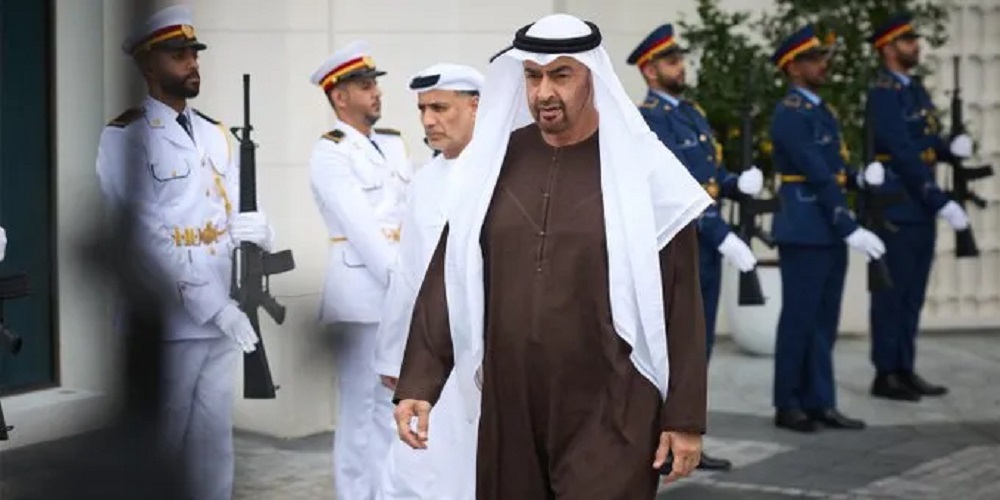Watan-The French newspaper Le Monde published a critical analysis titled “The UAE’s Separation Strategy”, authored by Professor Jean-Pierre Filiu, an expert in Middle Eastern affairs and professor of international relations at Sciences Po.
The piece reveals the systematic agenda driven by the United Arab Emirates to dismantle Arab states from within, directly backed by Crown Prince Mohammed bin Zayed—whom the article refers to as the “architect of perpetual chaos” in the region.
According to Le Monde, the analysis is based on Western intelligence reports and field-verified data, now increasingly exposed by major global media outlets as the scope of Abu Dhabi’s interventions expands far beyond the Gulf.
Fueling Separatism to Block People’s Aspirations
Filiu explains that for over a decade, the UAE has pursued a strategy of “feeding separatist tendencies” within Arab countries. This policy is aimed at undermining any political project that reflects popular will or strengthens national unity.
Key examples include:
Libya: Backing Haftar and Fragmenting the State
Since 2014, the UAE has provided direct military and financial support to Khalifa Haftar, despite a UN arms embargo.
-
Emirati warplanes participated in bombings targeting Tripoli, deepening the division between East and West Libya.
-
While unable to impose Haftar by force, the UAE turned Benghazi into a coordination hub with Russia, especially following Moscow’s partial withdrawal from Syria.
Yemen: Arming Separatists and Dividing the South
Beyond its military involvement in the Saudi-led coalition, the UAE backed the Southern Transitional Council (STC) with weapons and funding to control large parts of southern Yemen.
-
Abu Dhabi’s objective is not to support legitimacy but to fragment Yemen into competing factions loyal to its interests through local proxies.
Sudan: Proxy War Management and Regional Control
The UAE plays a key role in funding and arming the Rapid Support Forces (RSF) led by Hemeti, including deploying drones against civilians.
-
Its influence spans from Khartoum to Darfur and key Sudanese ports.
-
Abu Dhabi seeks to geographically divide Sudan for strategic economic and security gains.
-
The goal is to turn Sudan into a gateway for joint Russian-Emirati influence in the Red Sea, obstructing any democratic transition.
Mohammed bin Zayed: The Counter-Revolutionary Architect
According to Le Monde, Mohammed bin Zayed, despite promoting an image of the UAE as a beacon of stability and modernization, is in fact the strategic mind behind one of the most dangerous fragmentation agendas in the Arab world.
This includes undermining revolutions, prolonging civil wars, and turning states into micro-client entities orbiting Abu Dhabi.
The article also warns that the UAE is no longer hiding its deepening military ties with Russia, effectively becoming a silent partner in Moscow’s failed Syria campaign and now transferring this alliance to Haftar-held territories in Libya and other parts of Africa’s Sahel.
Fragmentation as a Long-Term Regional Blueprint
The Le Monde article concludes that the UAE’s goal is not regional stability—as it claims through support for “strong regimes”—but the engineering of a fractured Arab world. Through control over separatist pockets, it seeks sustainable geopolitical dominance under the guise of security and economic development.
Finally, the report warns that international silence on the UAE’s destructive role in Sudan, Yemen, and Libya will only accelerate the spread of the “failed mini-state model,” posing a grave threat to what remains of Arab regional stability.
